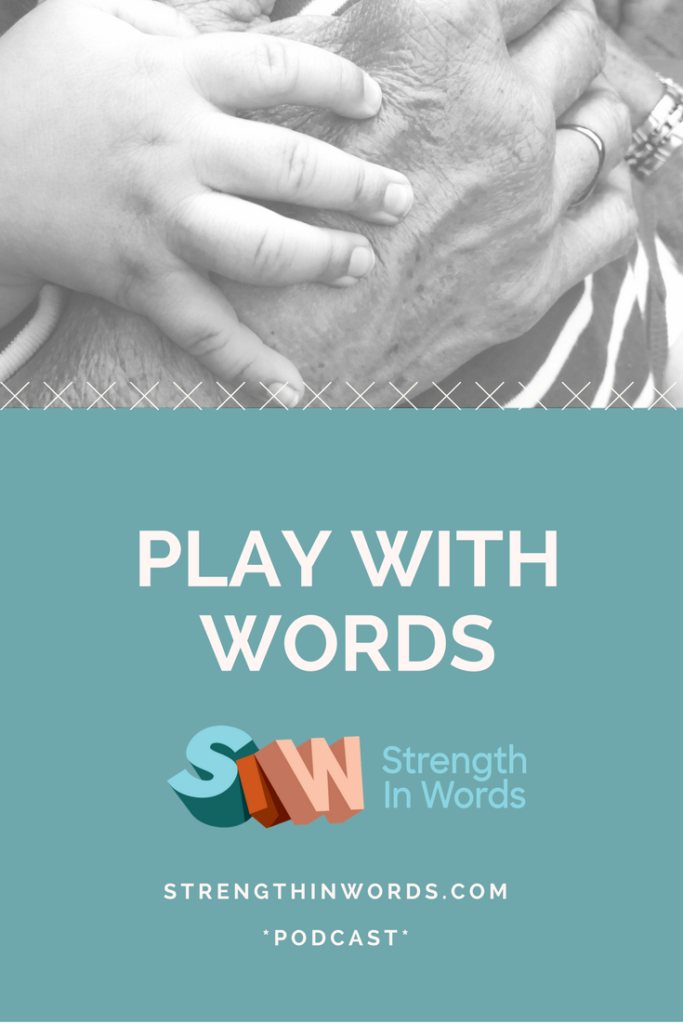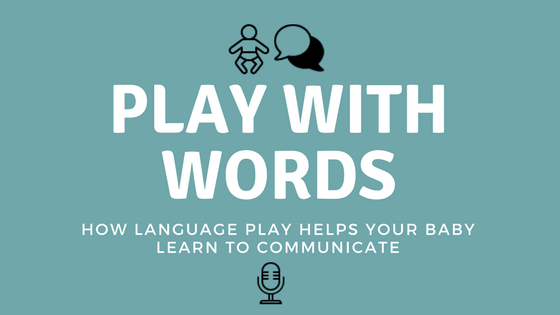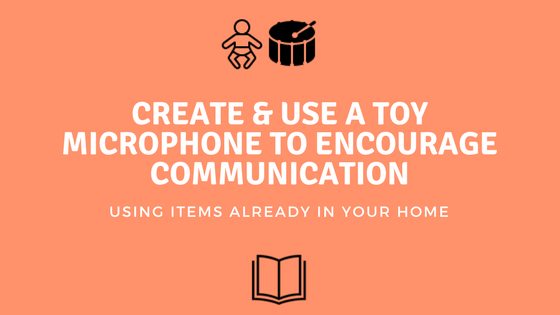When we play with language, our children pay attention!

Transcript of this week’s “Developmental Thought,” an excerpt from the full episode.
For additional information, music, play ideas and the complete interactive family experience, please listen to the entire episode.
When we play with language, we integrate play into everything we do! Around the 12-18 month age range is the age when you typically start to hear a child start to utter their first words.
Obviously, this doesn’t just magically happen overnight, right? There are a lot of factors that we know go into the healthy and robust development of a young child’s communication, even before they verbalize any actual words. I’ll speak more about these in future episodes, but for now, I’ll mention some of those we’ve already touched upon in previous episodes.
One of the big factors in the development of early speech and language development is that term we discussed in Episode 1, “Why Sing?” – I mentioned “joint attention” being an important part of communication development.
>>Don’t Miss Our Corresponding Blog Post<<
Joint Attention
Again, it’s that shared attention between you and your child on some outside “thing,” where you’re both communicating somehow that you’re both interested in that same “thing.”
Another big part of what goes into a child’s developing expressive vocabulary (the words that they say) is, as you might imagine, their receptive vocabulary (the words that they understand).
So, the more words your baby has heard you use around him over time, and the more opportunities he has to start to learn their meaning, the more he is able to understand.
Vocal Play
Older babies are playing a lot with their voices, as well, and we can think of this vocal play as the precursor to speaking words. They are putting sounds together, playing with different consonant-vowel combinations, playing with intonation and phrasing (again, much like singing!) .
So the more we can make this vocal play into an interactive activity (whether it’s taking turns babbling, singing, or verbalizing), the more we are encouraging vocal turn-taking… which of course, is what conversation is! A silly tool like this microphone can be really useful to focus on joint attention and interaction.
Repetition With Variation!
One of the things you’ll notice I often encourage you to do here at Learn With Less is to play with language, and play around with the words or meaning of a familiar song. One of the reasons I do this is because, as I mentioned last week in my Routines & Rituals episode, repetition with variation is great for young children.
In the context of music, it allows your baby to really process the sounds and patterns of songs – and when we change the words or the rhythm or the motions, we do so within an already familiar context. This highlights different aspects or elements of an experience. In this way, your little one’s brain is working to integrate and distinguish the familiar from the unfamiliar.
One reason why I really encourage this type of vocal play – is… because the more you play with words and language and your voice, the more likely it is that your baby will, as well! We know that infants are imitative, even from the very, very beginning! They are looking at our faces, always integrating new information and filing and sorting and storing for later.
The playful, flexible nature of language within song or rhyme helps us as grown-ups really focus on the interaction, and helps us get back in touch with that playful part of us from which our young children benefit so much.
Be Flexible, Be Playful – Let Go!
Another big reason I encourage flexibility and playfulness with language within song is because we don’t always remember the words to those nursery rhymes once knew as children. I cannot tell you how often I started a rhyme or a tune, and then paused, realizing I had no idea how the rest of it went.
If we give ourselves a break and allow ourselves to play with language, we then break free from the confines of our rigid adult selves – and start to become more creative.
Whether that means taking words out all together and humming a tune, singing only on “la,” replacing all the words with your baby’s name, tapping to the rhythm without the tune, or making up an entirely new verse with your own rhyming words, give yourself permission to let yourself go!

